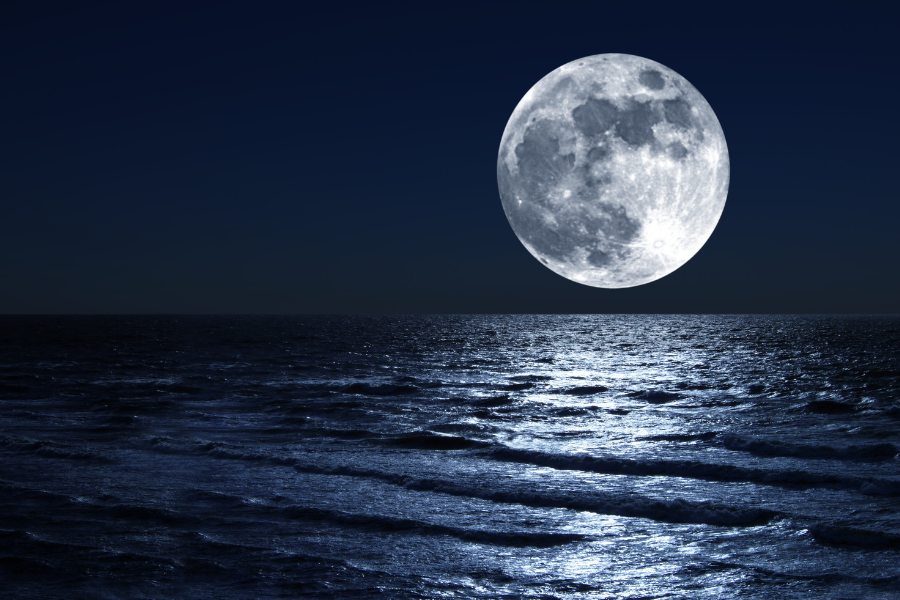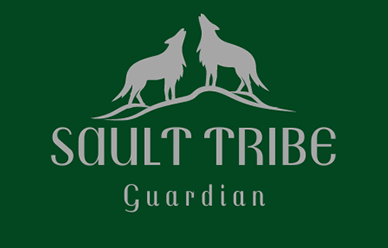The 2023 Jet Stream may be putting the Sault Ste Marie Tribe of Chippewa Indians Reservation Lands at high risk for forest fires in 2023. Looking just a few miles north to see the devastation of the forests in Canada tells the story best.
The Canadian National Wildlands Situation Reports states Canada is at national preparedness level 5, indicating full commitment of national resources is ongoing, demand for resources is extreme, and international resources are being mobilized. Quebec is at Preparedness Level 5, Alberta and Ontario are at Preparedness Level 4, British Columbia, Saskatchewan, Manitoba, and Parks Canada are at Preparedness Level 3, and all other agencies are at Preparedness Level 1 or 2.
The number of fires is well above average for this time of year, and well above the average for area burned for this time of year. In terms of area burned, 2023 has surpassed the previous record of 7.6 million hectares burned in 1989. The ten-year average of cumulative area burned is 499,465 hectares for this day. There was 255 net new fire starts, with 135 of those attributed to lightning reported over the last week.
At the time of this report, aircraft, personnel, and equipment have been mobilized to British Columbia, Alberta, Quebec, Nova Scotia, Northwest Territories, Ontario, Parks Canada and CIFFC from across Canada and internationally. There are American, Australian, New Zealand, South African, French, Spanish, Portuguese, Mexican, Chilean, and Costa Rico personnel active in Canada, with additional personnel from France, Mexico, and the United States anticipated. Compare that with the current United States preparedness level 2.
Seven-Generation Tribal Members living on the Sault Tribe Reservation or in the five unit service area that care about our lands are planning to take extra precautions to help prevent what is happening in Canada from happening in the Upper Peninsula of Michigan. This lifestyle change includes not burning camp-fires or trash this year.
Seven-Generation Leaders know that most people that regularly camp in the U.P. have probably never encountered the current dry climate conditions when camping near our reservation lands. They know by watching what is happening in Canada that a lightening strike or spark from a fire on the beach that in the past would have gone out on its own this year has a high probability of causing a fire storm fueled by dried under-brush. They are choosing instead to hope for the slight
possibility of less mosquitos than previous years when enjoying the moon light over the lake of their choice.
Bizaan


